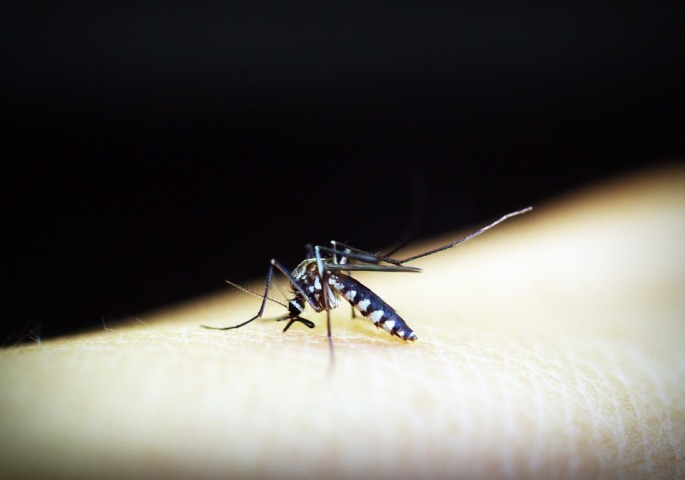SA Vector Mosquito Rearing Facility set to develop for malaria eradication
The South African Vector Mosquito Rearing Facility will use the sterile insect technique, a birth control method for mosquitoes.

- Country:
- South Africa
A hi-tech facility set to develop ground-breaking research towards malaria eradication in South Africa will open at the National Institute for Communicable Diseases, in Johannesburg, on Friday.
The South African Vector Mosquito Rearing Facility will use the sterile insect technique, a birth control method for mosquitoes.
Malaria elimination remains a key priority in South Africa, which is aiming to eliminate malaria within its borders by 2023.
Although the country has made significant progress in reducing the number of malaria cases over the years, malaria is still endemic in the northern region of Limpopo, the Lowveld region of Mpumalanga and the far northern parts of KwaZulu-Natal.
Funded by the Department of Science and Innovation, in collaboration with the Department of Health's National Institute for Communicable Diseases and the South African Nuclear Energy Corporation's Nuclear Technologies in Medicine and the Biosciences Initiative, the South African Vector Mosquito Rearing Facility will produce and sterilize 500 000 adult male mosquitoes.
The sterile male mosquitoes will be released to mate with wild females of the same species. These females will lay eggs that will not hatch and, over time, the malaria-transmitting mosquito (Anopheles arabiensis) can be suppressed or eliminated from the target area.
The use of Indoor Residual Spraying (IRS) of insecticides and the added benefit of other methods has enabled South Africa to adopt a malaria elimination agenda.
Recent research on malaria-transmitting mosquitoes indicates that, although IRS is effective, supplementary vector control methods are needed for elimination.
(With Inputs from South African Government Press Release)










